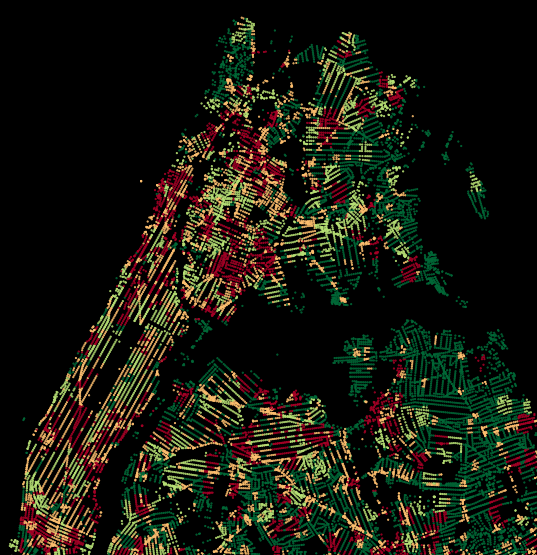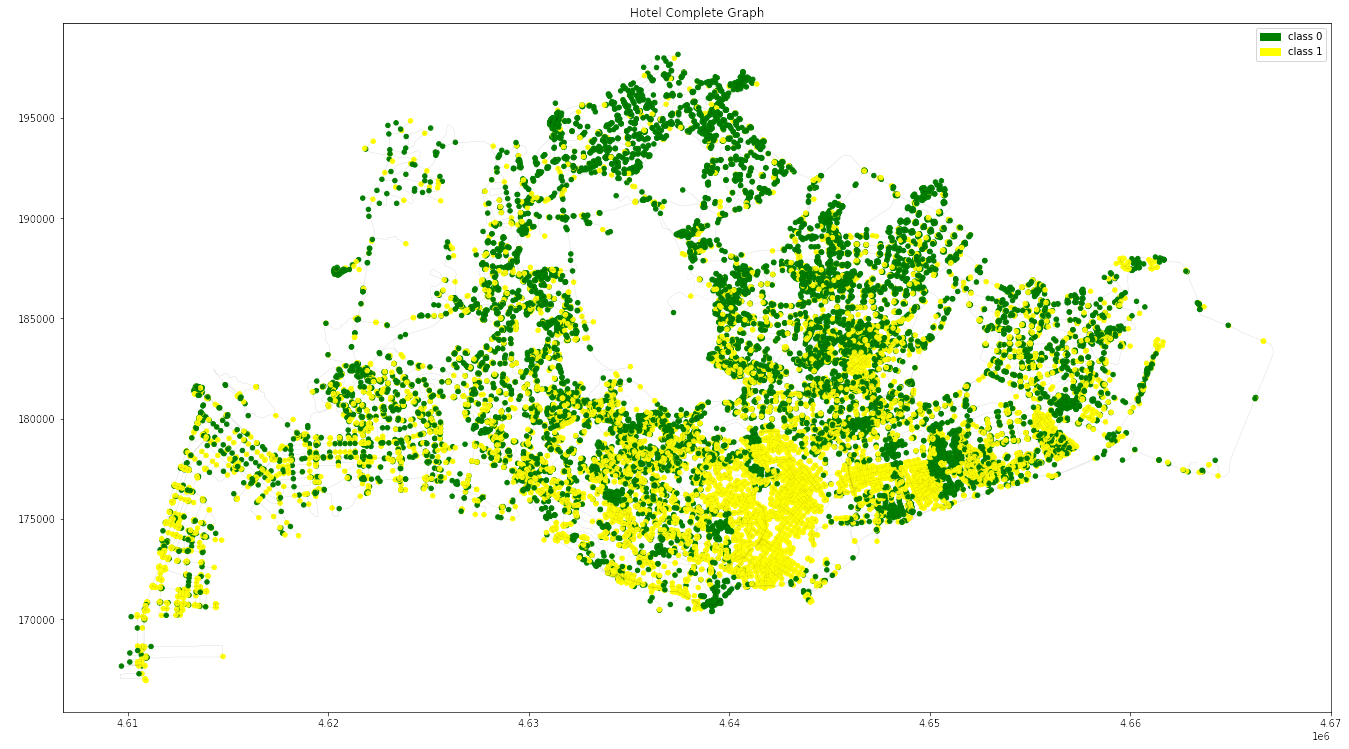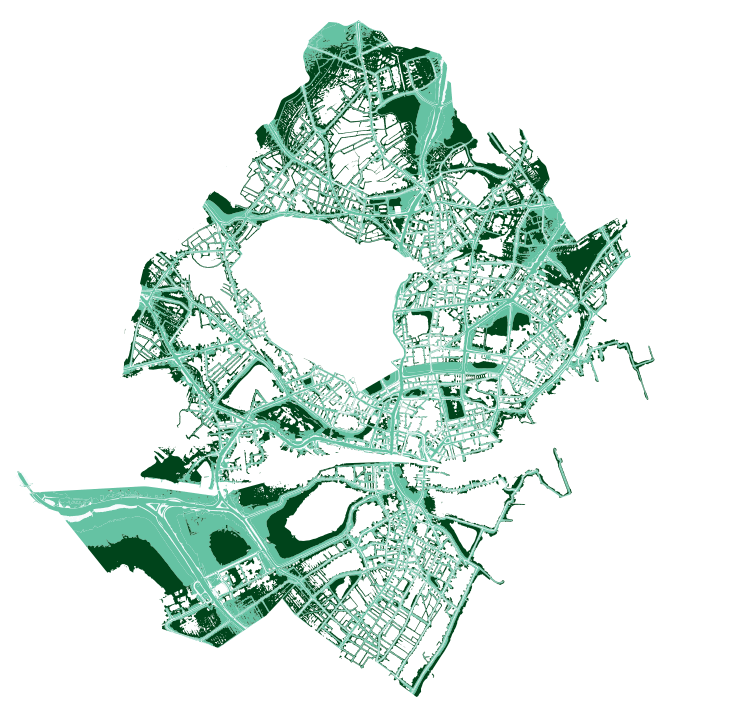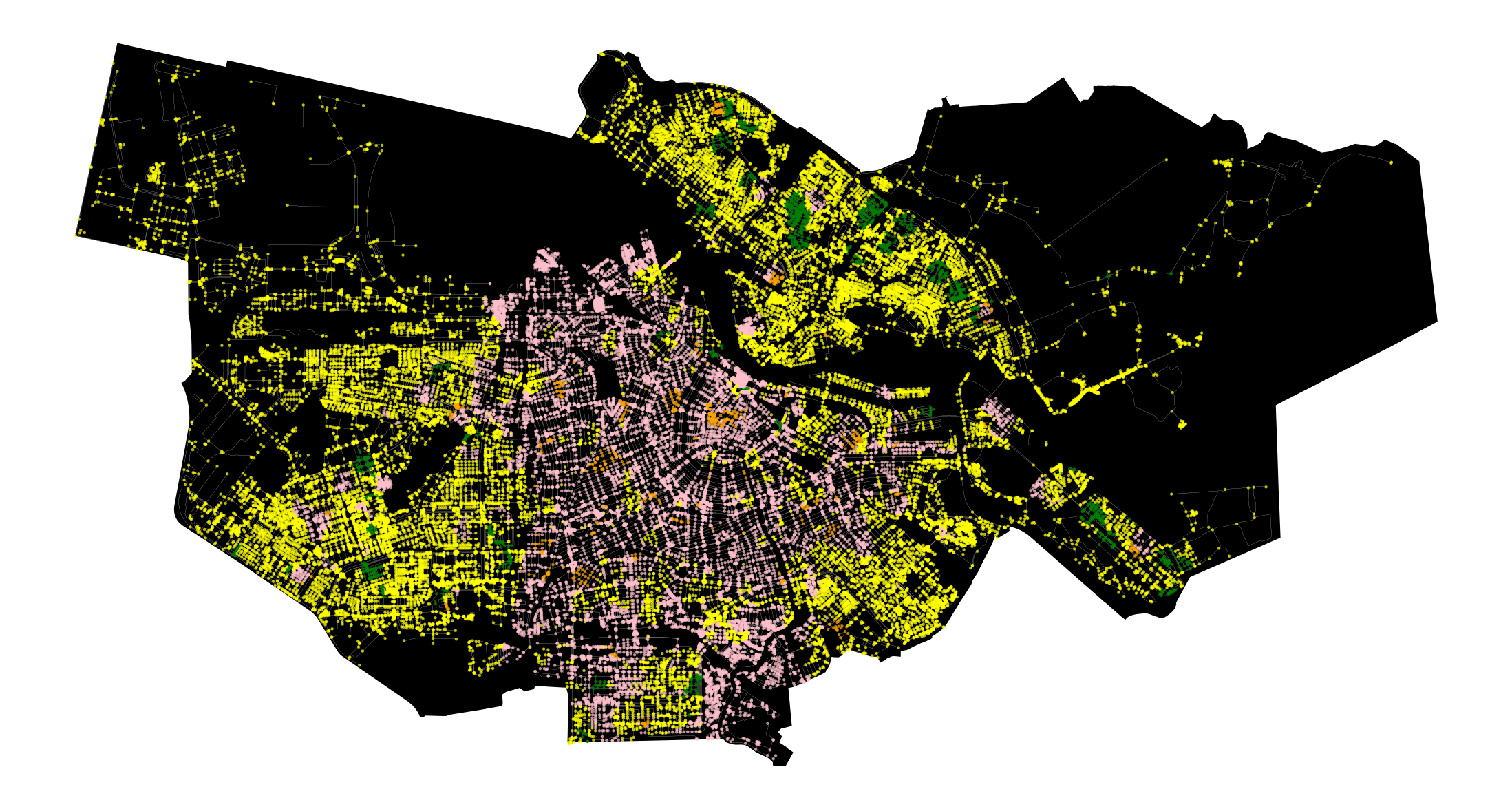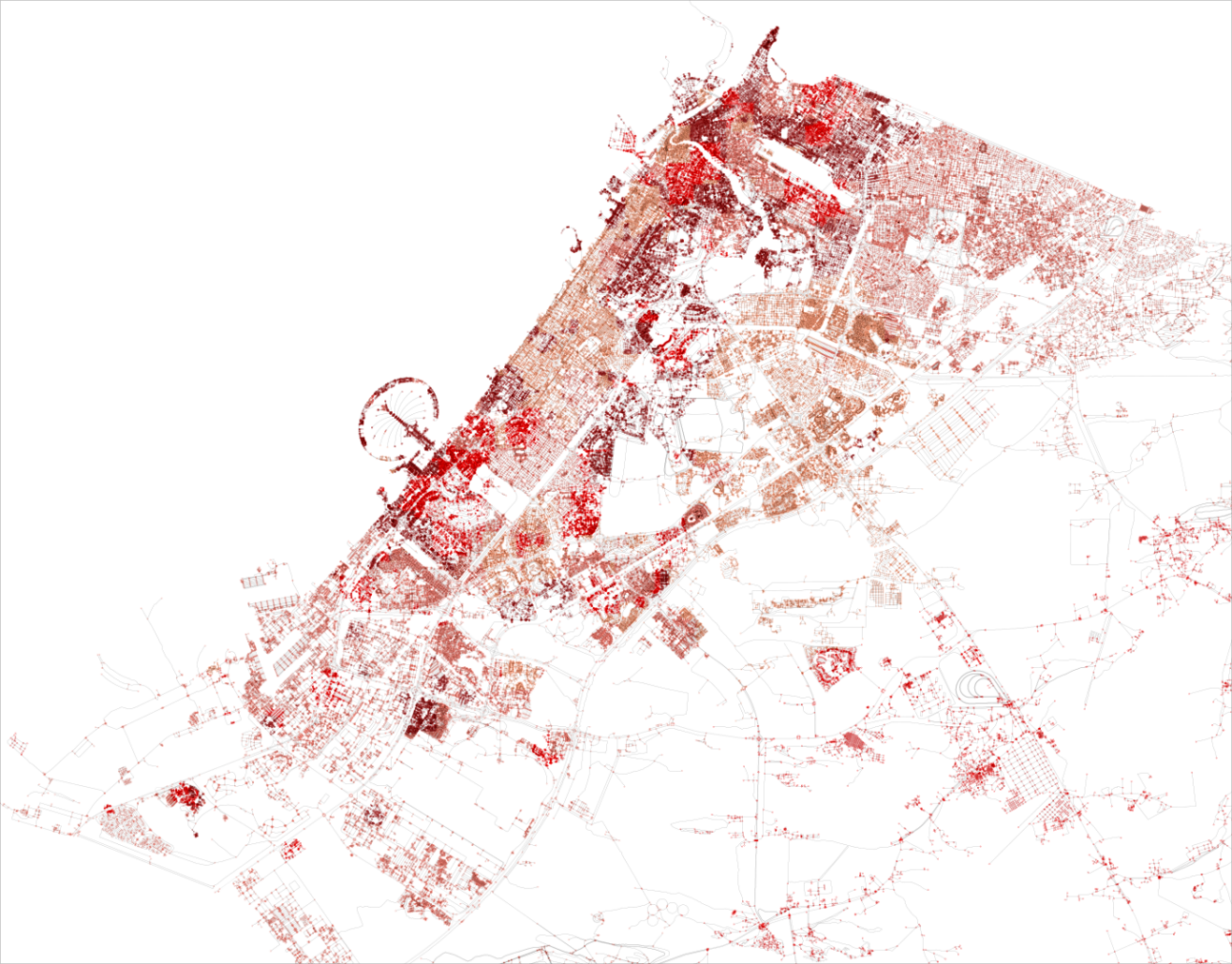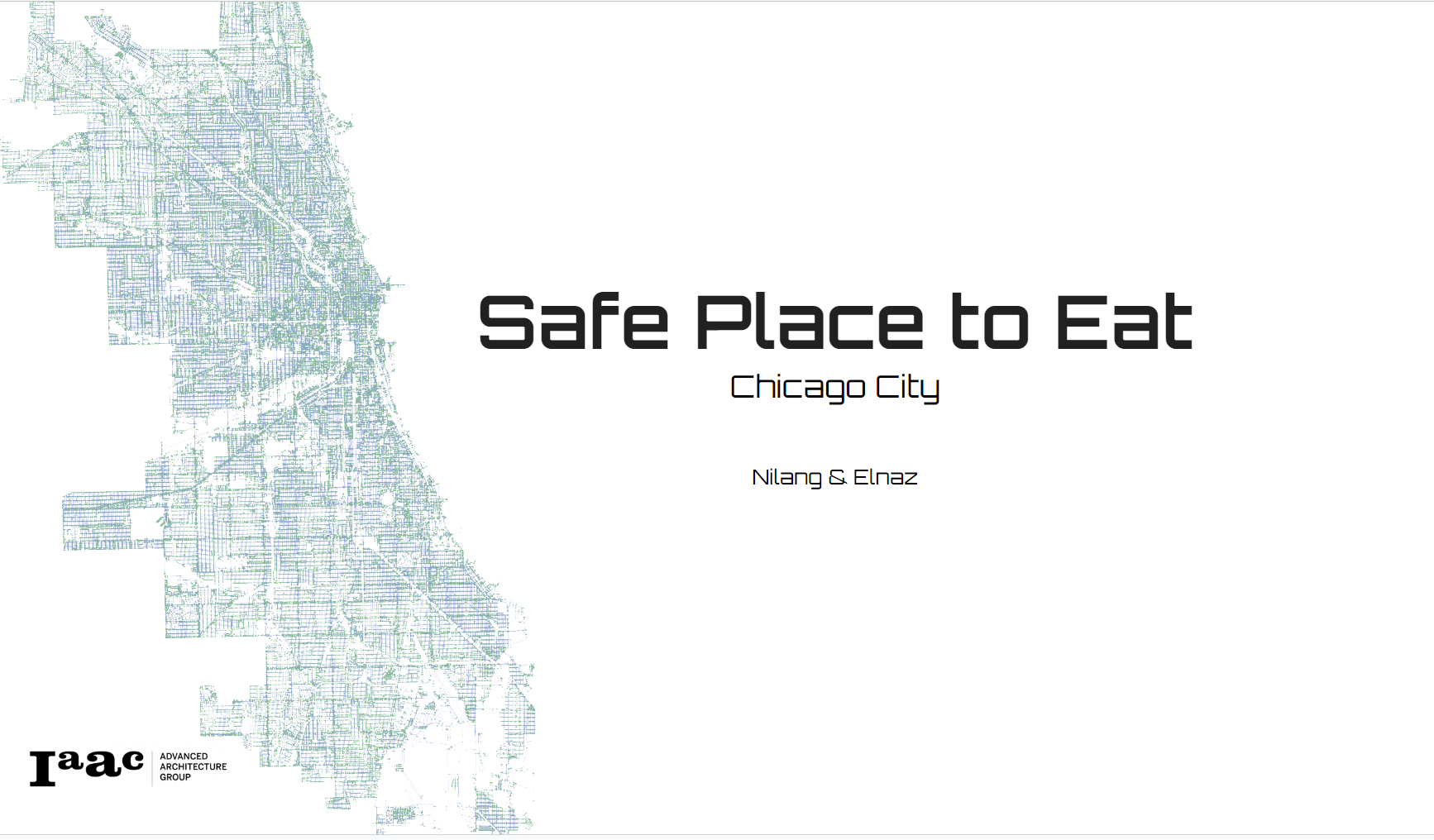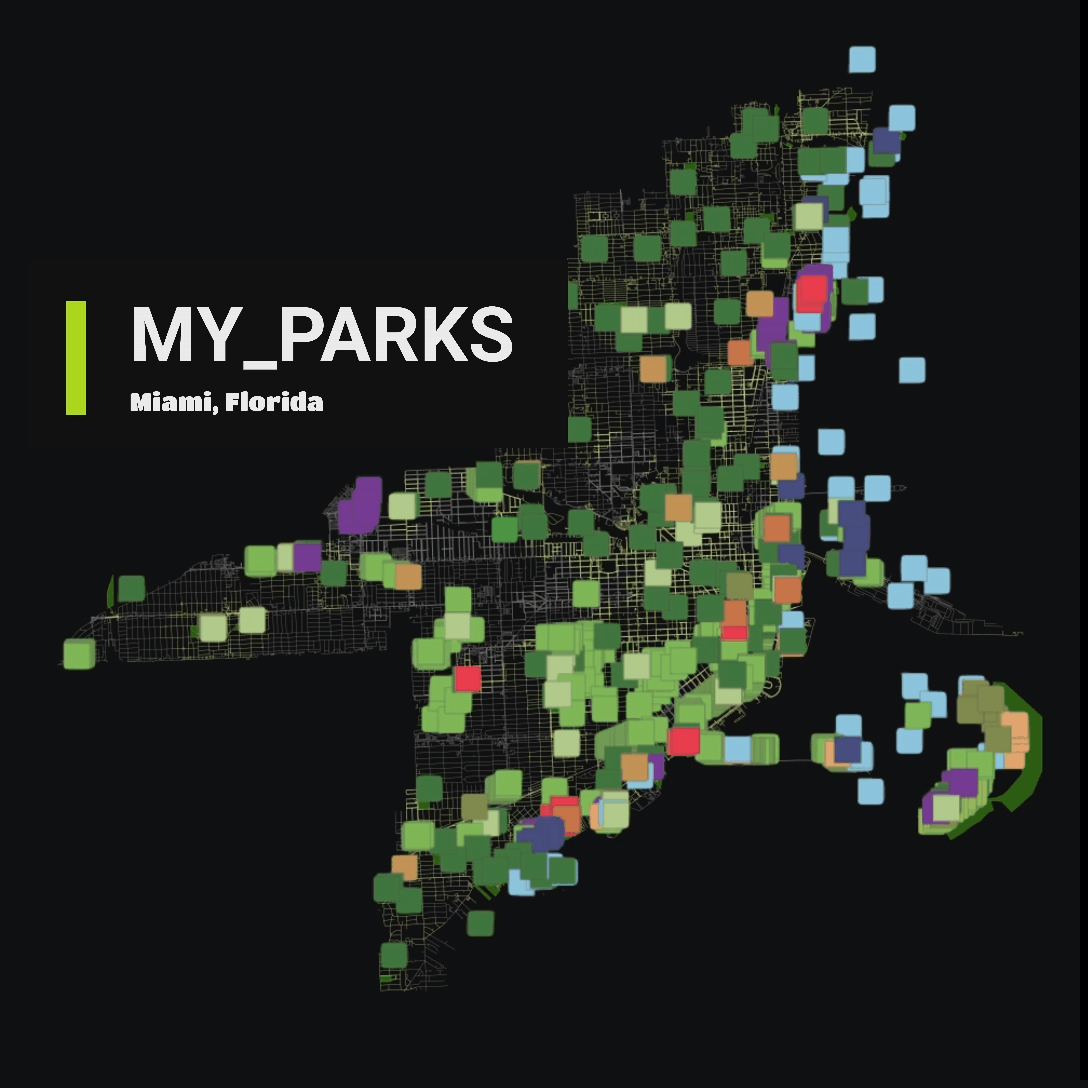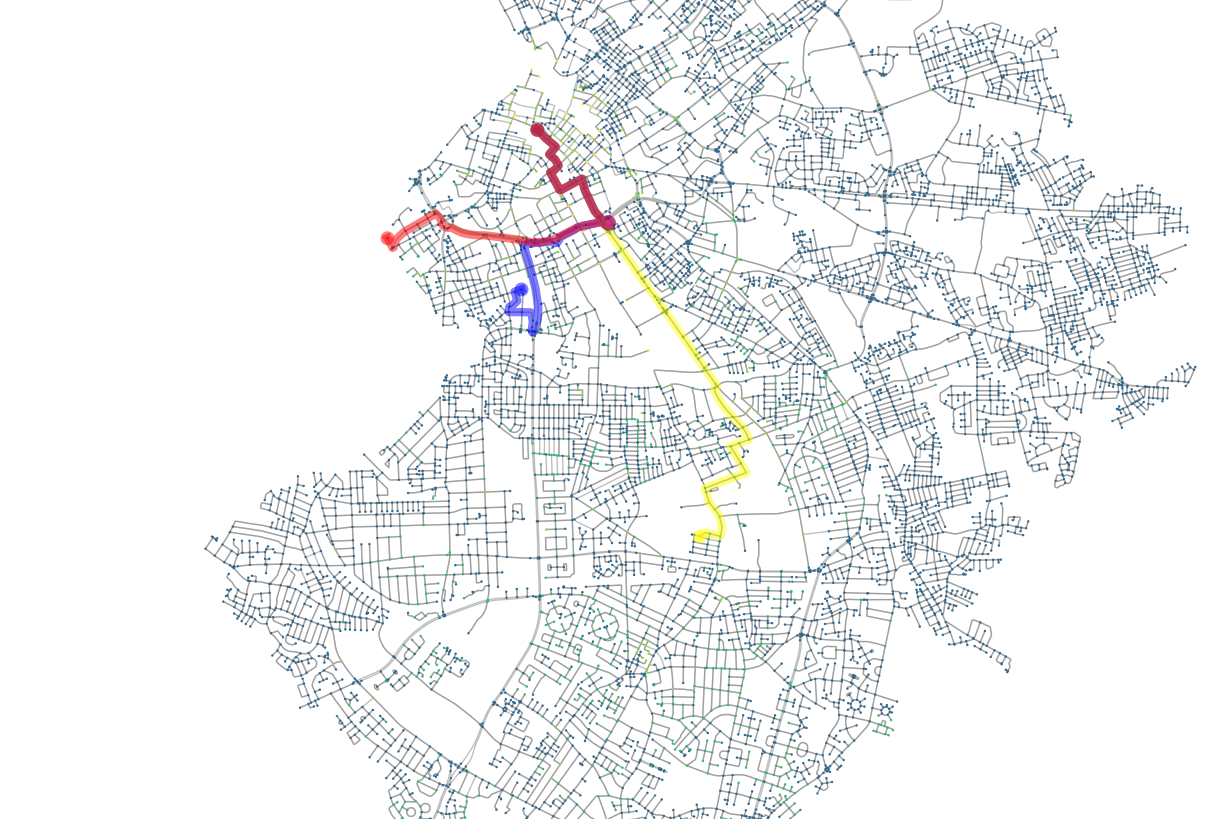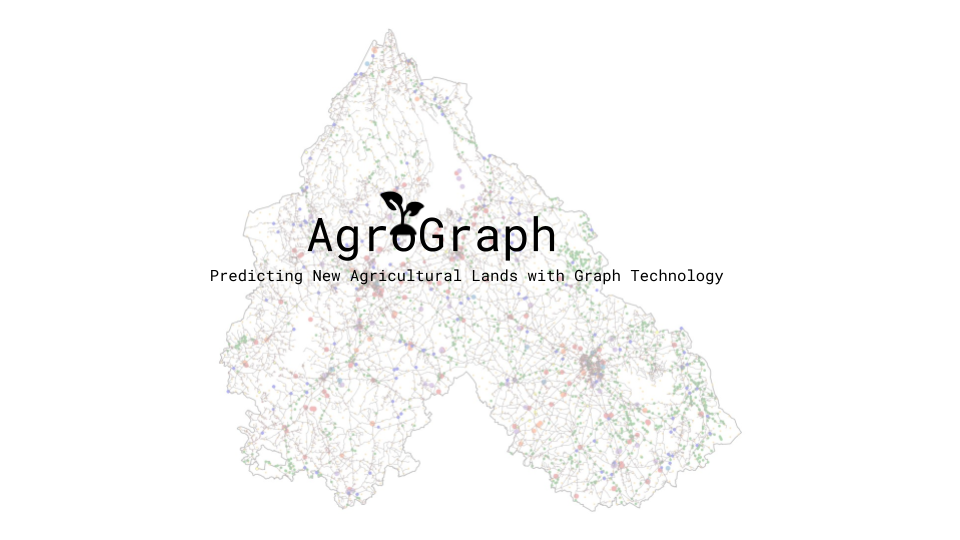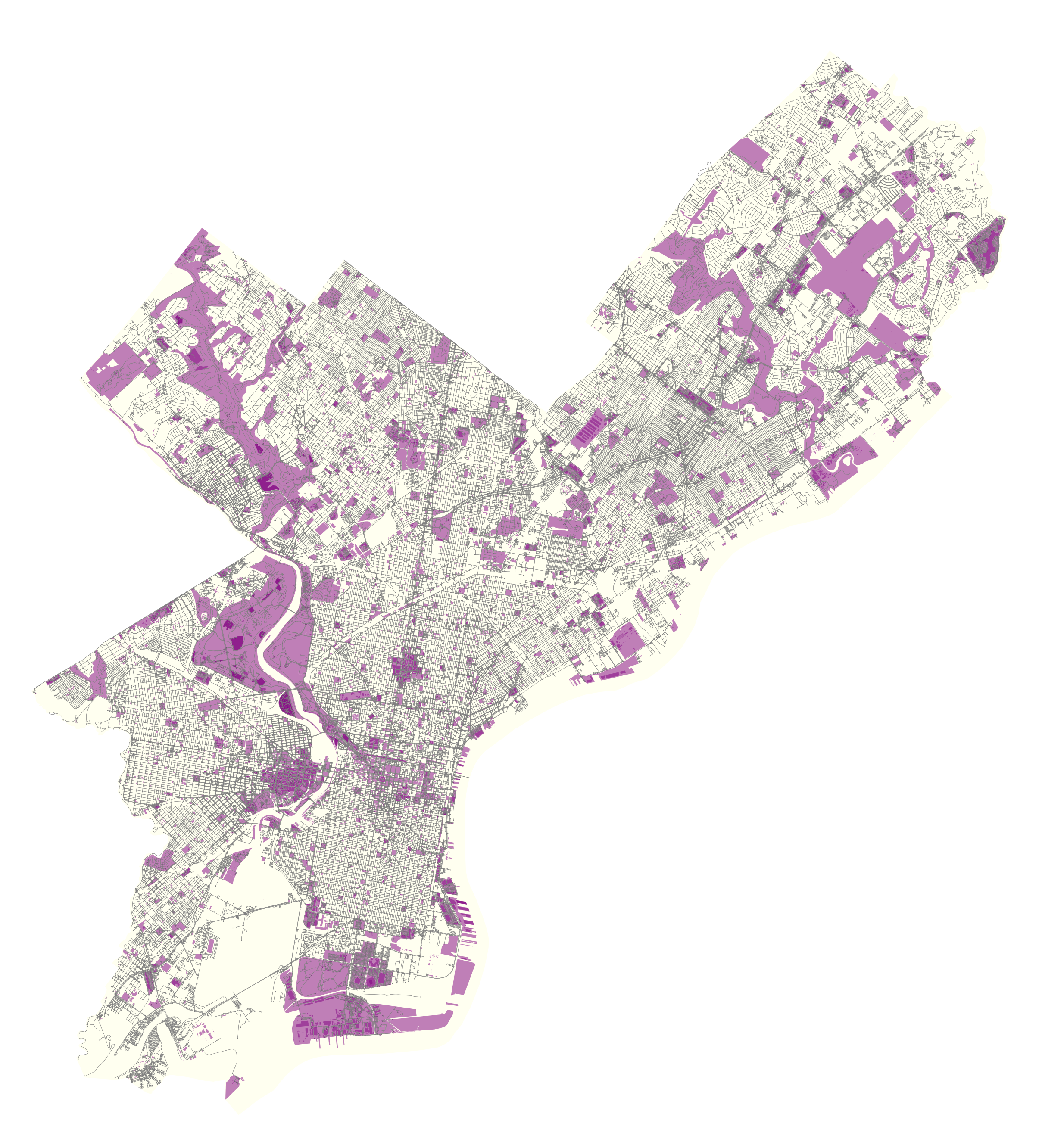Graph Machine Learning
MaCAD Digital Tools for GRAPH MACHINE LEARNING SEMINAR
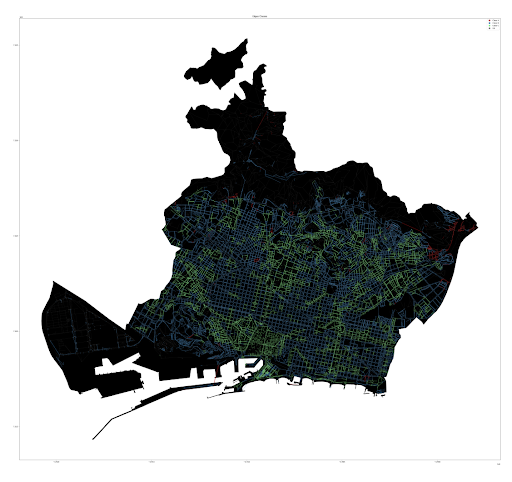
Ph credits: Toutable – Ray Harli and Lora Fami – GraML 2022-23
In today’s data-driven world, graphs have emerged as a powerful tool for modelling complex relationships and data structures. Graph machine learning, also known as graph-based machine learning or graph analytics, is a rapidly growing field that leverages graph theory, network analysis, and machine learning techniques to extract valuable insights and make predictions from graph-structured data.
This course is designed to provide you with a comprehensive understanding of graph machine learning, from fundamental concepts to some advanced techniques, and will equip you with the necessary knowledge and skills to effectively leverage graph-based approaches in many aspects of design.
Throughout this course, we will cover a wide range of topics, including graph representation, graph embedding, graph clustering, graph neural networks (GNNs), among others. We will also discuss various applications of graph machine learning within the urban domain.
Through a combination of lectures, hands-on coding exercises, and world case studies we will aim to solidify your understanding of these concepts and techniques. You will also have the opportunity to work with popular graph machine learning libraries and tools, such as NetworkX, DGL and Tensorflow in order to gain practical experience in implementing graph machine learning models and solving design problems.
By the end of this course, you will have a solid foundation in graph machine learning and be able to apply these techniques to analyse and model complex data with graph structure in the urban context. We hope you will enjoy this exciting journey to unlock the power of graphs and take your machine learning skills to new heights!
Learning Objectives
- Learn the fundamentals of Graph Theory
- Learn the fundamentals of Graph Machine Learning
- Learn about the urban networks and space syntax
- Explore different applications of GraphML within the urban domain





